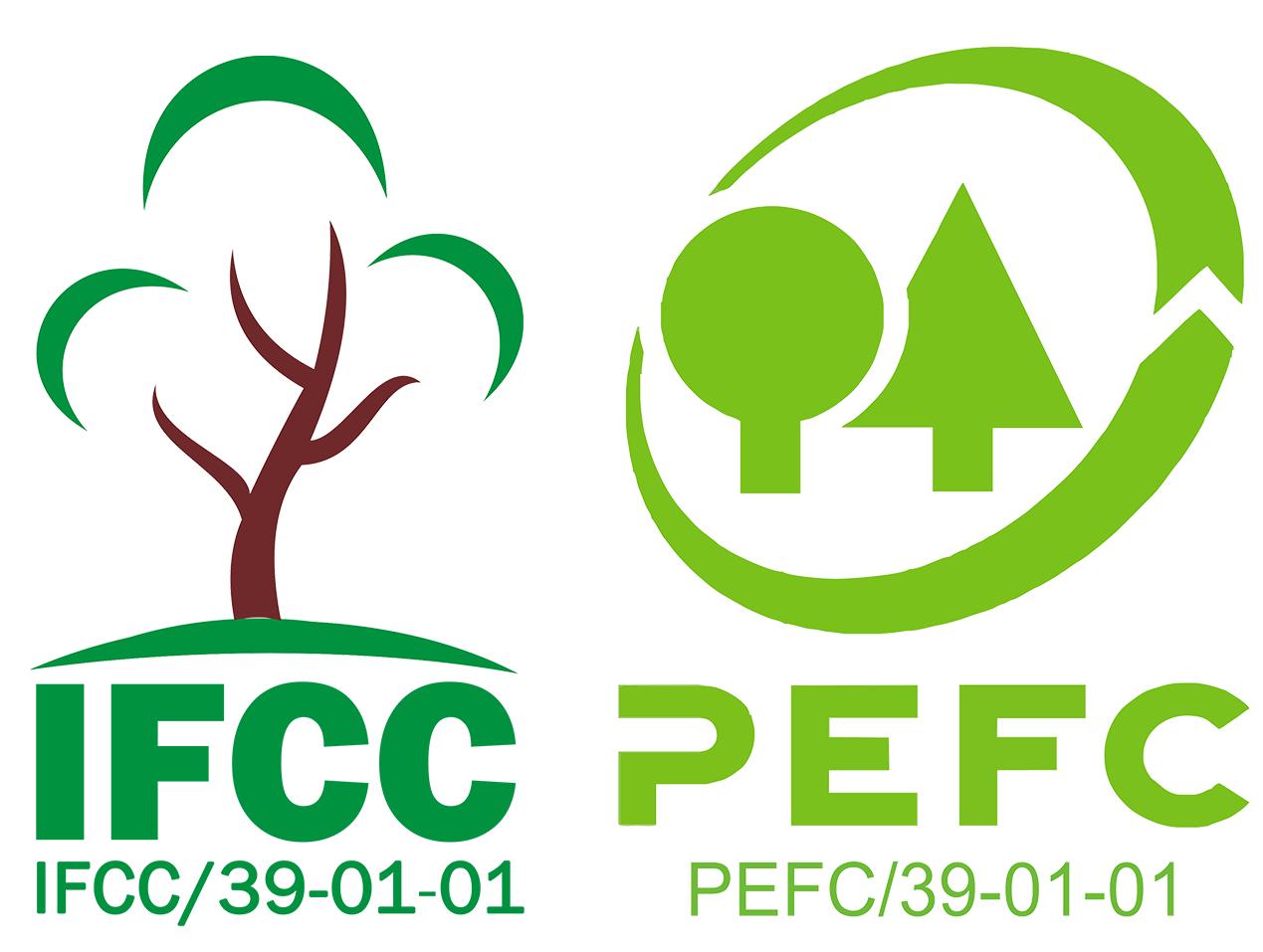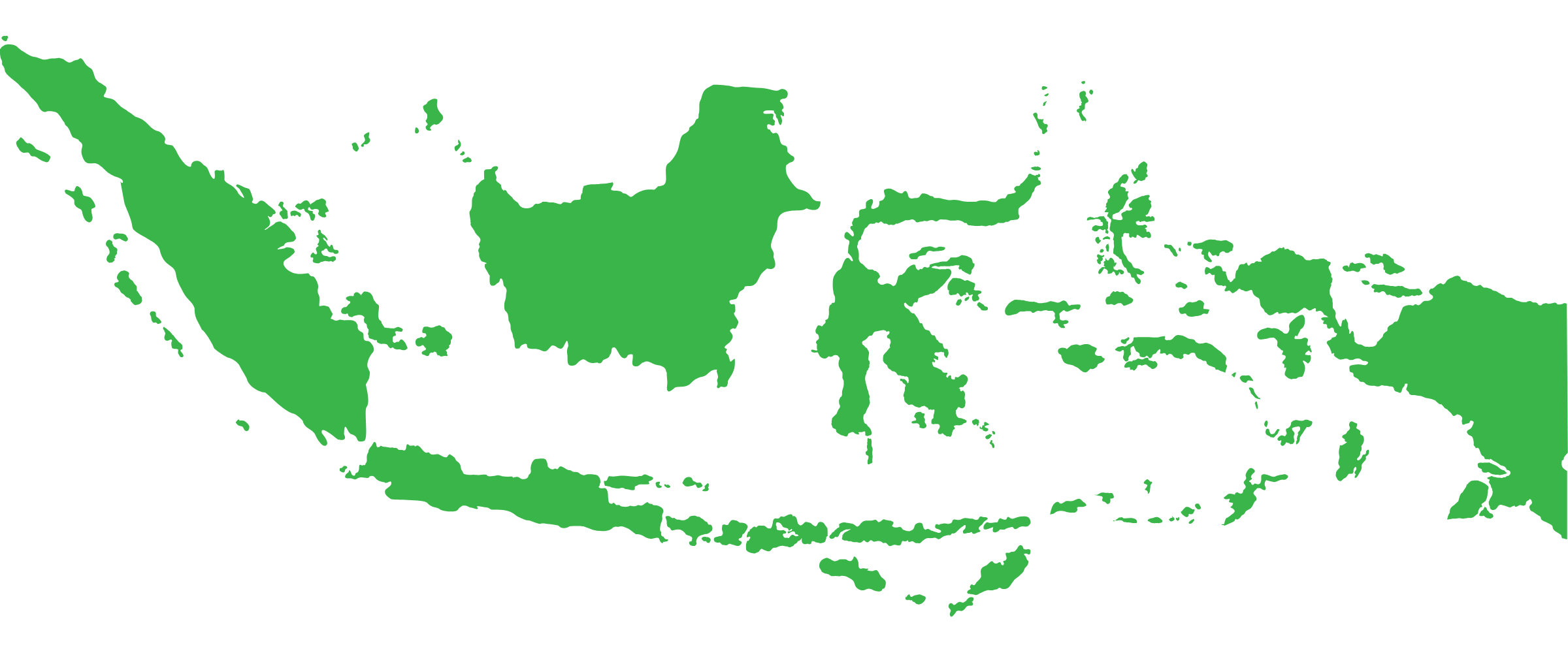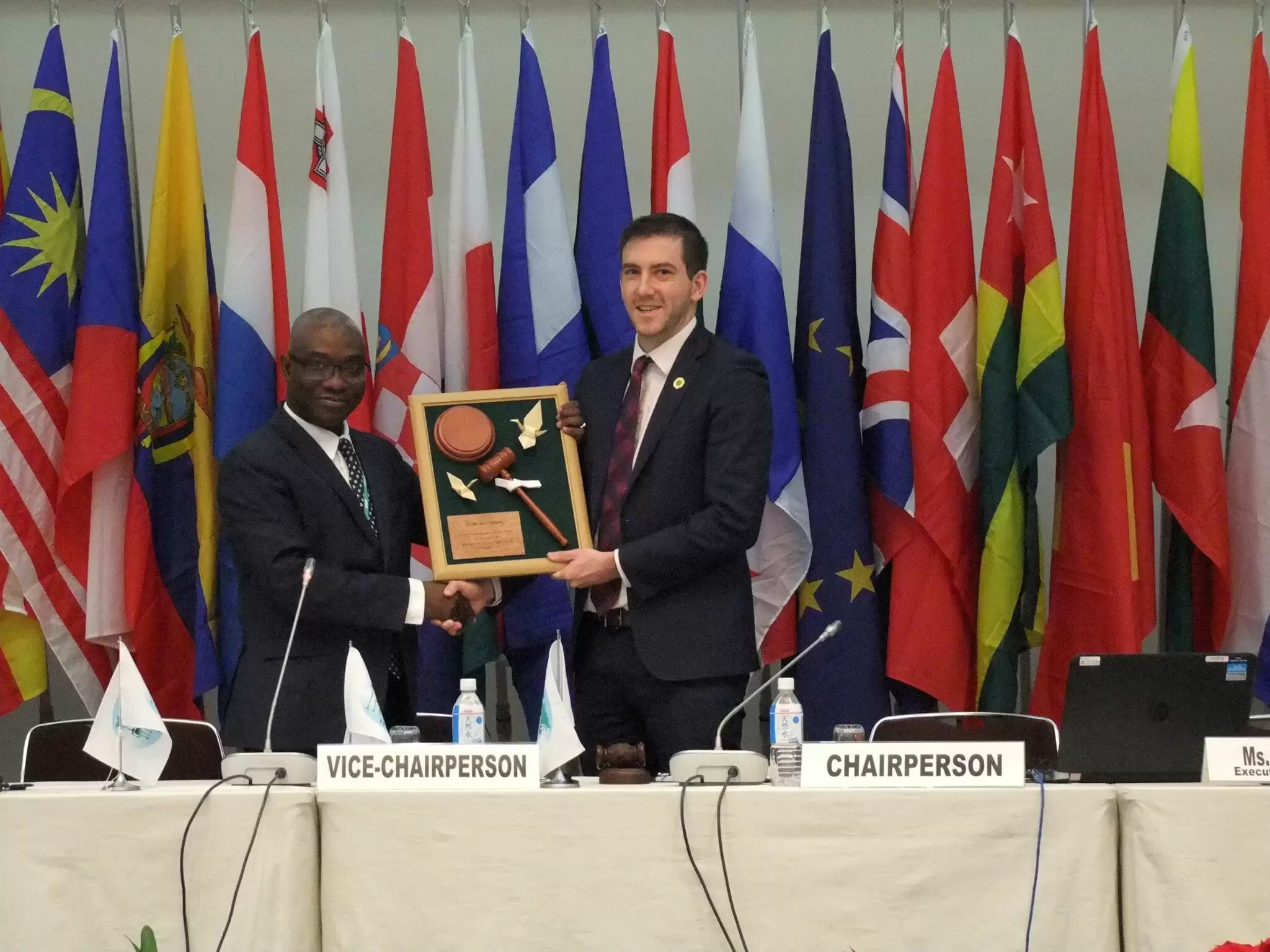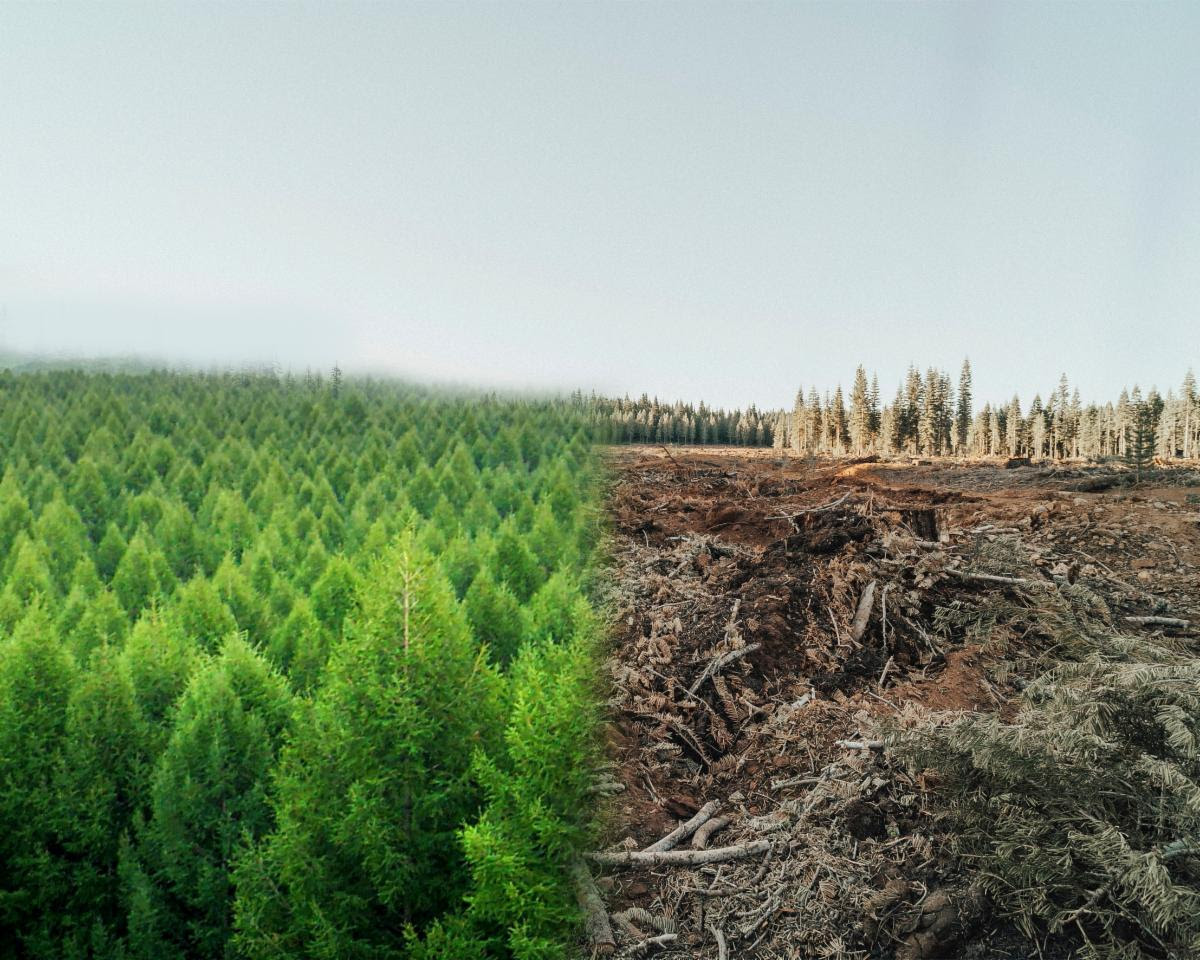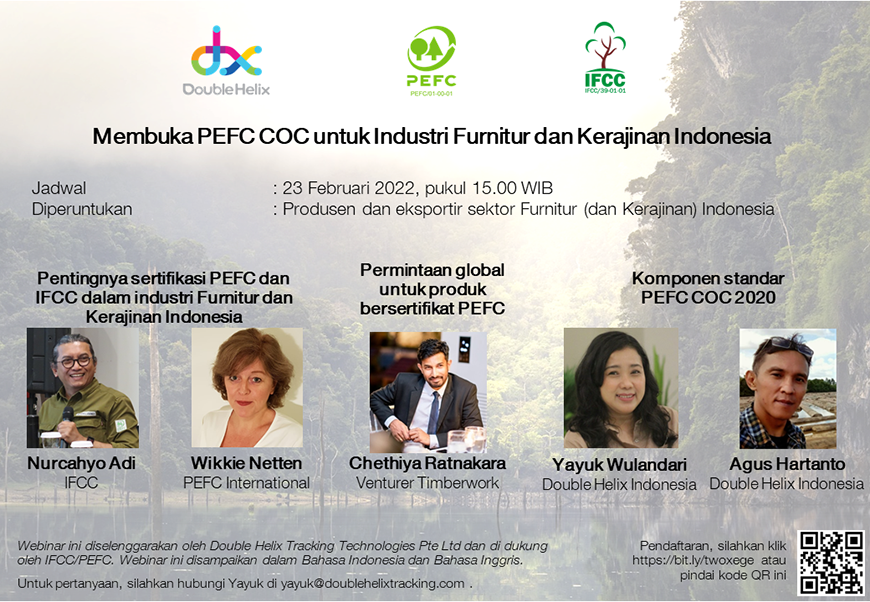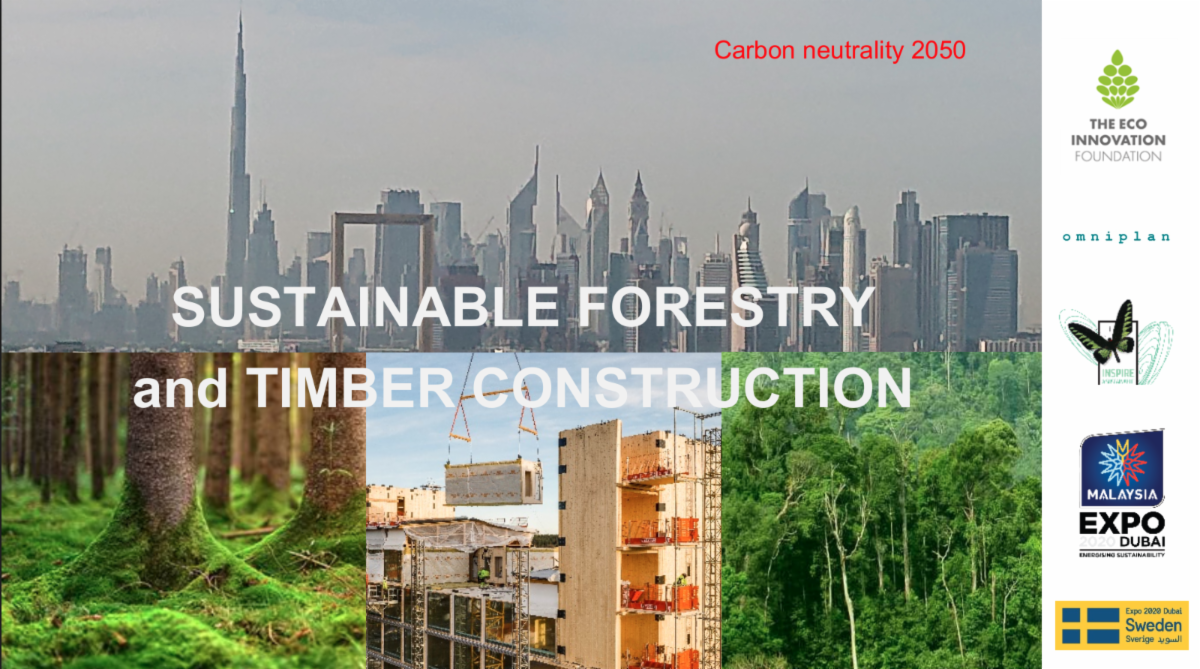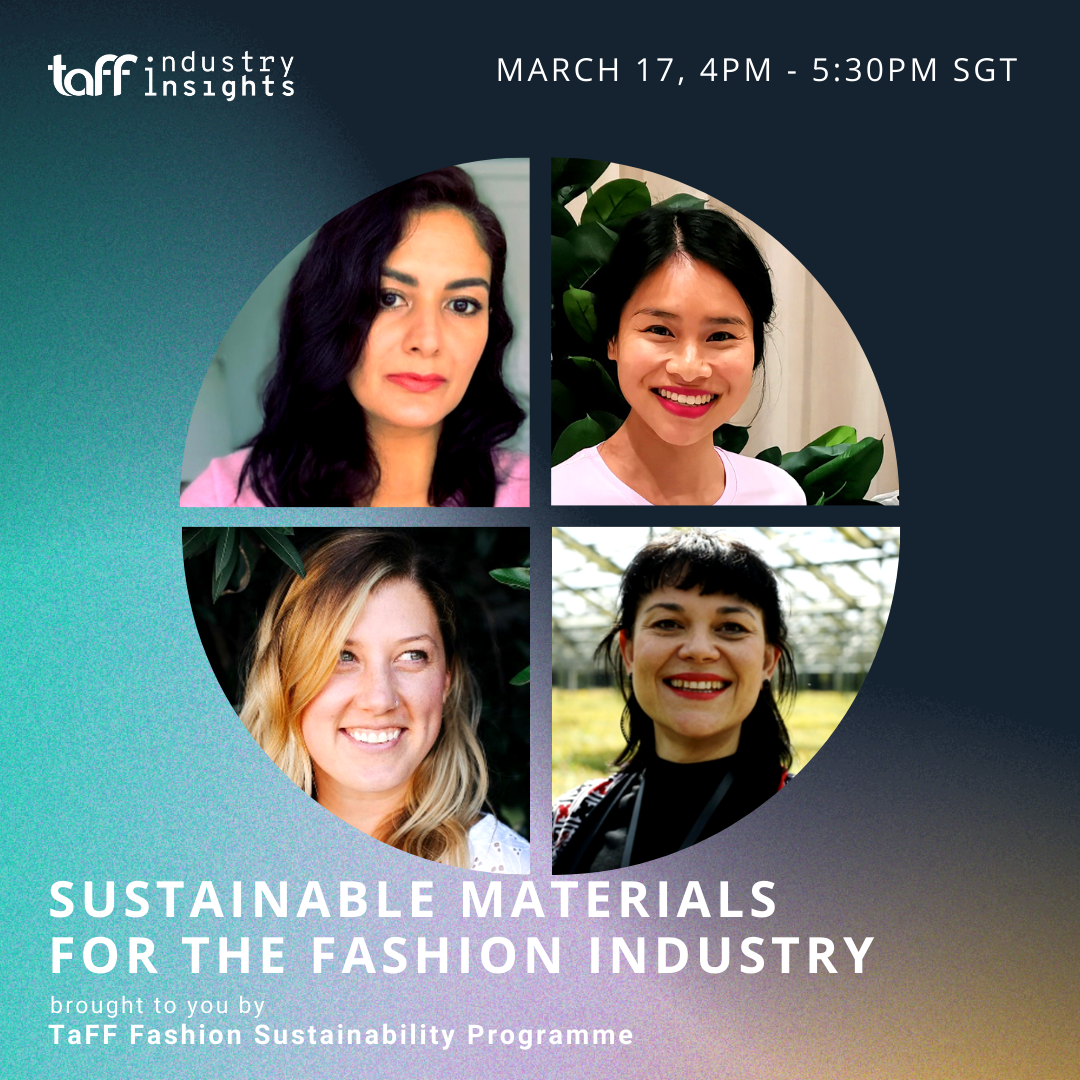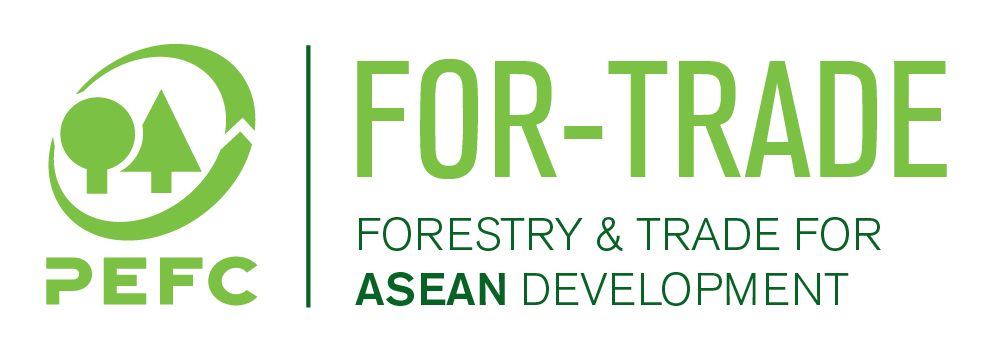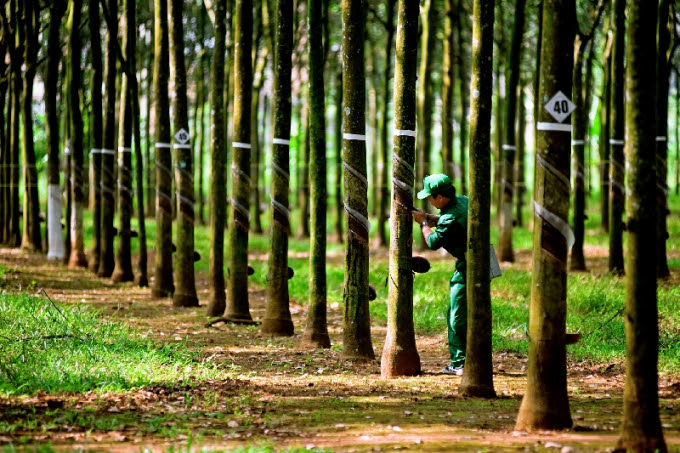
More than 50% of rubber plantations in Viet Nam are managed by smallholder farmers and it continues to affect the livelihoods and social development in rural communities.(Photo: nongnghiep.vn)
Produced by the ASEAN Guidelines on Responsible Investment in Food, Agriculture and Forestry (ASEAN Rai), this case study outlines the journey of Binh Long Rubber Company Ltd (BRC) in their adoption and implementation of the sustainable rubber development plan from their parent company, Viet Nam Rubber Group (VRG).
Viet Nam is one of the world’s top producers of natural rubber and accounts for 9.4% of natural rubber production in the world.
More than 50% of rubber plantations in Viet Nam are managed by smallholder farmers and it continues to affect the livelihoods and social development in rural communities.
The rubber industry (including natural rubber, rubberwood and rubber products) is a significant economic powerhouse in Viet Nam and contributed an estimated USD 7.86 billion (3%) to the economy in 2020.
VRG’s investment in support of BRC to adopt and implement the sustainable rubber development plan, includes these key actions:
- Continuous replanting;
- Maintaining certified plantation areas under the Viet Nam Forest Certification Scheme - Programme for the Endorsement of Forest Certification (VFCS-PEFC) and processing units under the PEFC Chain of Custody (CoC); and
- Meeting market requirements on high quality products and competitive pricing.
The case study also drew attention to the value of conducting a feasibility study, as well as impact assessments, along with multi-stakeholder engagement and consultations at the early stages of the investment, as this helps in mitigating risks.
Other key learnings emerging from the investment include the value of social responsibility and environmental protection within the production and processing operations, as these need to align to the company’s overall sustainability targets and commitments.
The case study also highlighted the specific objectives of the investment into BRC, which involved:
- Maintaining the VFCS- PEFC scheme for 8,300 hectares of its rubber plantations and PEFC Chain of Custody (CoC) certification for its two natural rubber processing factories
- Increasing areas certified under VFCS/PEFC forest management to include all plantation areas
- Improving livelihoods of the local community, especially ethnic minorities
- Promoting local economic development and contributing to local state revenue
- Restoring and maintaining natural forest areas, specifically 5-8% of its rubber plantations to natural forests by planting native tree species
- Creating jobs for local community members.
This case study is part of a four-part series that showcases how recent agribusiness investments in food, agriculture and forestry (FAF) sectors retroactively align with the ASEAN Rai.
Critically, these case studies showcase:
- Social, environmental and financial results of these investments
- Business case for responsibly investing in supply chain projects
- How agribusinesses ensure long-term sustainability and viability of their investments
- Key policy recommendations and learnings for the future.
When the
ASEAN Rai Guidelines were published in October 2020, it was seen as a reliable and independent assessment to enable banks to make investment decisions in the food, agriculture and forestry sectors in the ASEAN region.
PEFC scored highest among all the certification and standard setting organisations operating in the FAF sectors.
It pointed out that the first five PEFC principles align with the ASEAN RAI Guidelines on food nutrition, economic development, natural resources, climate change and rule of law and governance.
The sixth PEFC principle (maintenance or appropriate enhancement of socio-economic functions and conditions) emphasises economic development, support to marginalised populations (women, young people, indigenous people), as well as tenure rights and data collection.
Two of the six Sustainable Forest Management (SFM) principles include specific references to regional policy and approaches. PEFC SFM principles align with 9.5 out of 10 of the ASEAN RAI Guidelines.
All ten banks included in the ASEAN Rai study accepted the investment standards and principles offered by PEFC. They are: ABN AMRO, ANZ, BNP Paribas, Crédit Agricole (CA), Credit Suisse (CS), HSBC, ING, Rabobank, Standard Chartered (SC), and Société Générale (SG).
